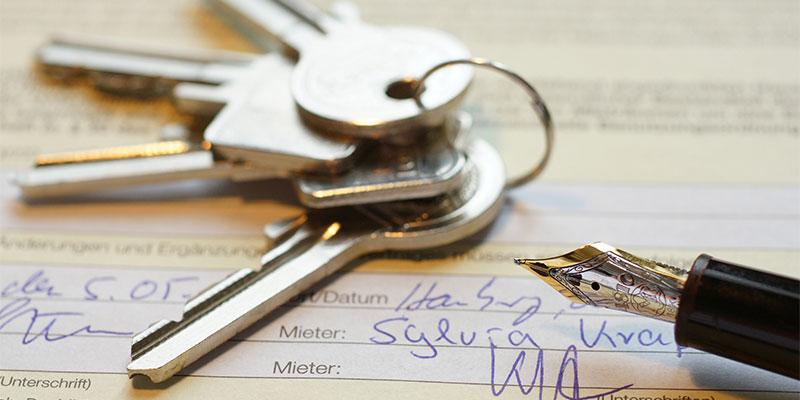
You’ve found the home of your dreams—now you just need to pay for it. In most cases, there are two distinct loan types to choose from when you make a home purchase: adjustable rate mortgages and fixed rate mortgages. Knowing the difference can help you choose which loan is right for you. Read on to learn the pros and cons of each so you can make the best possible decision.
Fixed-Rate Mortgages
A fixed-rate mortgage, as the name suggests, is a home loan whose interest rate is fixed at the time that you secure your home loan. This means that if you have an interest rate of 4% today, you will have the same interest rate of 4% on the last year of your mortgage, too. This type of mortgage is the most common, but it does have its own upsides and downsides:
Pros:
- With a fixed-rate mortgage, your mortgage payments remain consistent
- Your interest rate will not fluctuate, protecting you from sudden and potentially significant increases in mortgage payments if rates rise (However, your payment can increase if your homeowners insurance or property taxes increase.)
Cons
- Since your interest rate is locked, you will not be able to take advantage of future lower interest rates without refinancing
- When interest rates are high, qualifying for this loan type is more difficult because payments may be less affordable
Adjustable Rate Mortgages
With an adjustable rate mortgage, your interest rate—and mortgage payments—can change over time. Market fluctuations can make these loans a bit more complicated, so be sure that you understand key features like:
- Adjustment frequency: The amount of time allowed between rate adjustments
- Adjustment Index: Benchmarks for interest-rate adjustments
- Ceiling: The highest interest rate that the adjustable rate is allowed to hit during your mortgage term
Like fixed-rate mortgages, this loan type also has many pros and cons to consider.
Pros:
- Your initial payments may be lower than with a fixed-rate loan
- You may be able to qualify for a larger loan
- If interest rates drop. you may be able to take advantage of them, making your mortgage payments lower, without needing to refinance
Cons:
- Your monthly payment can change frequently—and sometimes drastically—over the life of the loan. In some cases, interest rates can nearly double in a few years
Which Loan is Right for Me?
Here are a few things to consider when deciding which loan is the best fit for you and your new home:
- How much can you afford per month, and can you afford more if rates rise?
- How long do you intend to live in the home you are purchasing?
- Do you anticipate interest rate trends to continue?
Taking the time to do your research, understand your loan, and make an informed decision could save you thousands of dollars down the road. If you have questions about what loan type might be right for you, speak with one of our participating lenders. You can find a list at www.nchfa.com/home-buyers/find-lender.